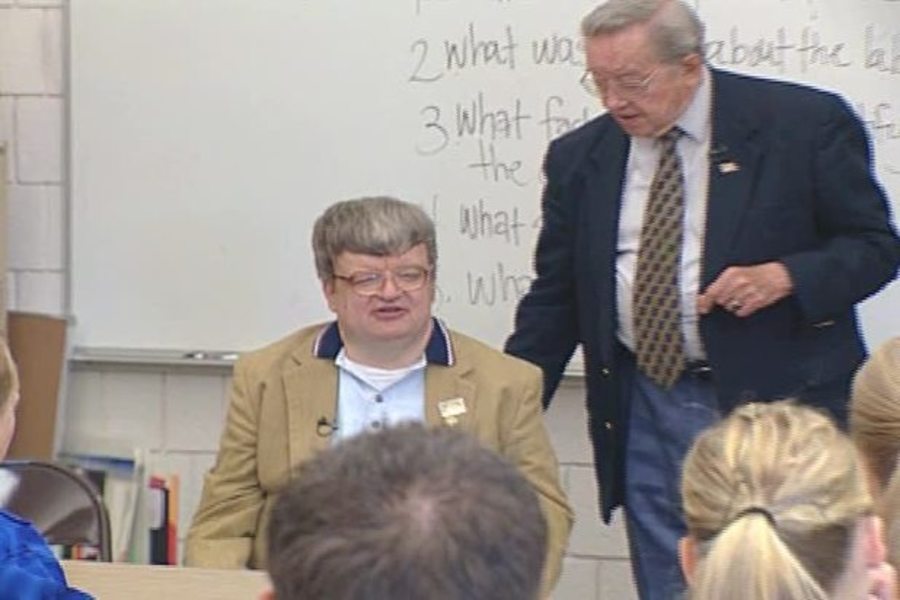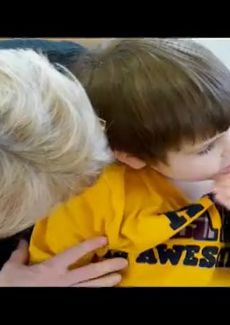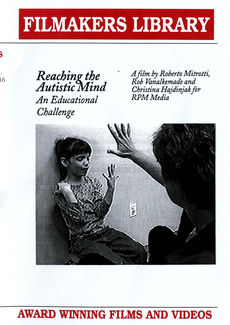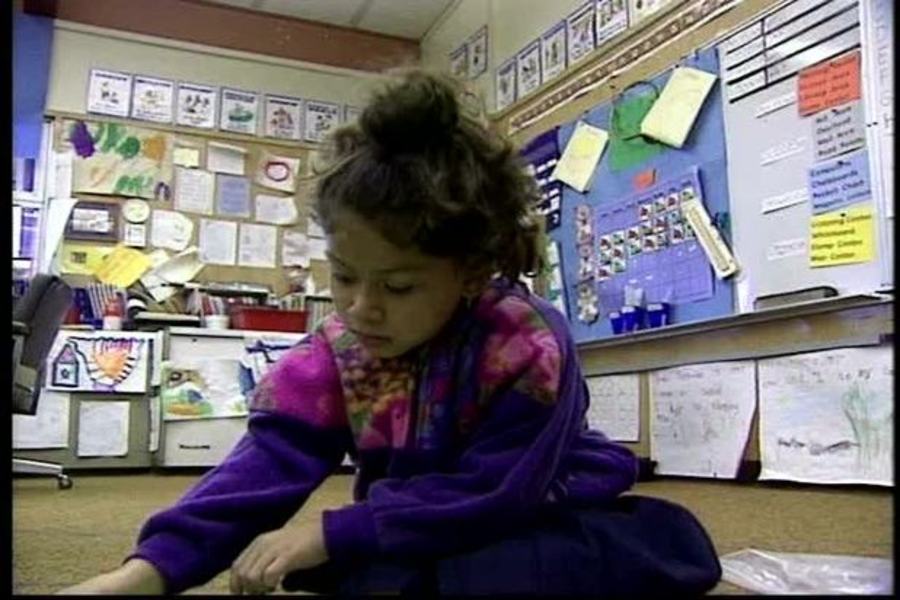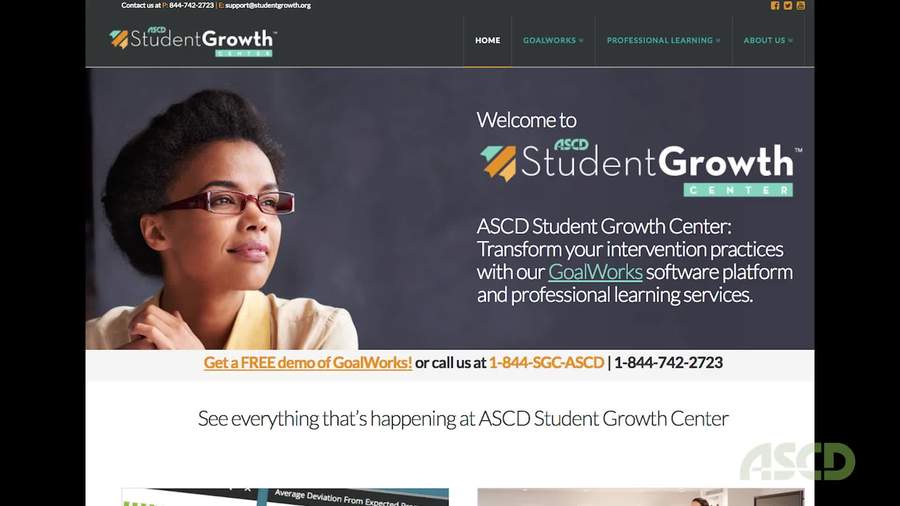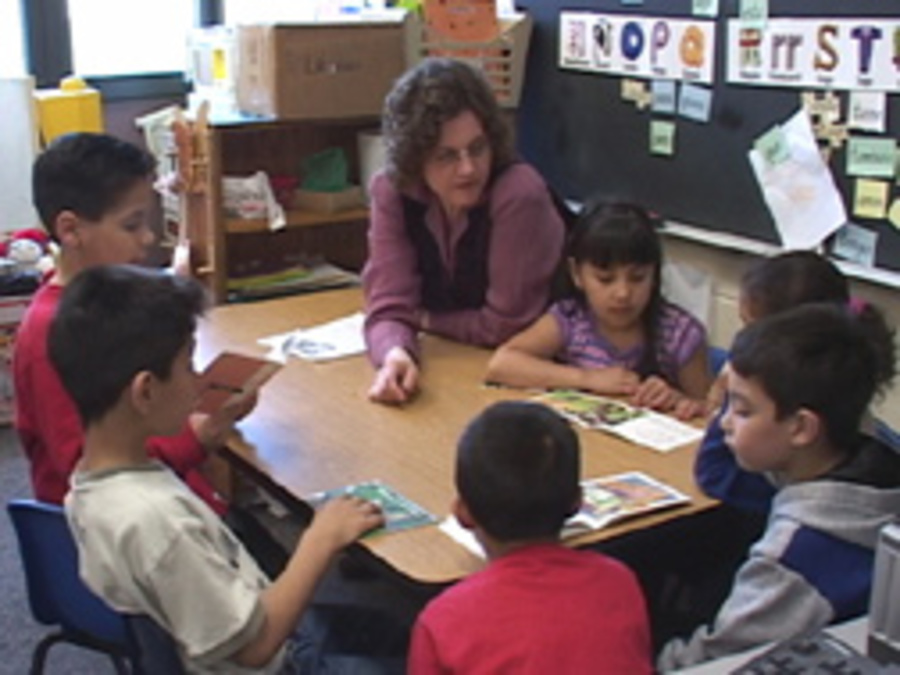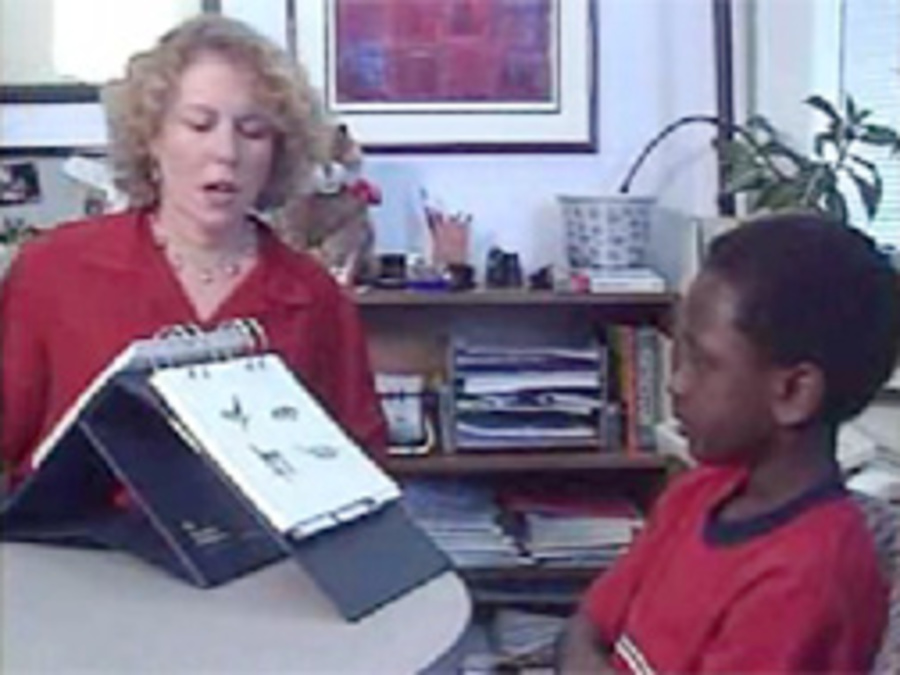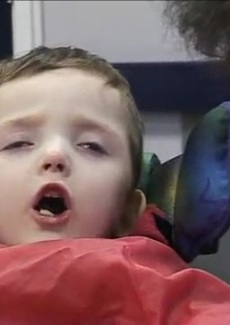 Try these videos to get started. Must be on campus or login with your COM account for off campus access.
Try these videos to get started. Must be on campus or login with your COM account for off campus access.
Want more on finding media? Try Articles & Media.
-
CBT Strategies for Kids and Adolescents: Supporting Students With ADHD and Anxiety (1:49:30)
A safe haven for some and a source of significant stress for others, school presents a number of unique stressors – particularly those with anxiety or ADHD. As they navigate their new normal at school, students will need more support than ever. This video seminar with child and adolescent CBT expert Dr. David Pratt explains why students with anxiety and/or ADHD are especially vulnerable to difficulties re-entering school after a prolonged absence. Pratt presents easy to implement CBT strategies and tools to help students meet academic and social demands of school. He considers approaches to dealing with school anxiety and common triggers for avoidance. He also looks at ADHD as more than just a behavior problem, discussing the executive function deficits underlying ADHD, presents guidance for teaching executive functioning, and offers interventions for motivation, time management, problem solving, and emotional self-control.
-
Celebrating Diversity: A Universal Message from the Real Rain Man (27:53)
This video is a powerful teaching and learning tool for general and special educators, parents, and students committed to creating more inclusive and tolerant schools and community environments. In it viewers are introduced to Kim Peek, the extraordinary mega-savant who was the inspiration for the character portrayed by Dustin Hoffman in the movie Rain Man. In the years following the film, Kim traveled around the country and around the world, carrying a message of accepting individual differences, recognizing that everyone is talented and special in different ways, and treating one another with respect. This video features clips of Kim speaking to school audiences, interacting with students, parents, and staff, and demonstrating his astonishing gifts. It is ideal for use with students in grades 5-12 as part of a character education unit to learn about accepting differences in others, developing tolerance, and appreciating diversity.
-
The Gifted Child (24:15)
When a child displays advanced skills in one or more areas of development, a special challenge is set before teachers, parents, and childcare providers alike. This program seeks to foster an understanding of gifted children by identifying their characteristics, addressing their educational needs, and recommending ways to enhance their development.
-
I See Your (Dis)Ability: Inclusion in the Classroom (22:00)
Listen 2 the Kids as they talk about the inclusion of their friends with special needs in the classroom, on the playground and in the lunchroom. This brief study fo the inclusion process in an exemplary elementary school accents the joys and challenges of everyday life. The culture of acceptance is evident throughout. This film is a must see for teachers, teachers in training, counselors, psychologists, parents and advocates for the education of special needs students everywhere. Challenging and uplifting!
-
Reaching the Autistic Mind: An Educational Challenge (1:13:00)
Autism, a neurological disorder, affects as many as one in 150 children in the U.S., yet is the least funded of disabilities. By following six families with autistic children for two years, this film takes us inside the world of autism specifically at the Eden II School, in Staten Island, New York. There, the filmmakers gained unique access to children like Sarah, Aaron and Benjamin, triplets who all showed severely autistic symptoms at eighteen months. For years their mother, a speech pathologist, avoided seeking a diagnosis out of fear. When they were diagnosed finally, there was only one space immediately available at the Eden program. The triplets' parents chose to send Sarah. She has now transitioned back into a public school; she reads, talks, dances, practices karate and plays various instruments. The boys eventually were sent to Eden but lost two critical years. Today, at age thirteen, the boys are still severely impaired, but are happy, bright and learning. These individuals and the other autistic children in the film share moments of amazing clarity and uncanny perception with us. Their parents and teachers make a strong case for early intervention and Applied Behavioral Analysis (ABA). Treatment has succeeded in moving some children past their diagnosis of autism.
-
Series: Differentiated Instruction Practice
Differentiated Instruction Practice covers the English Language Learner, Inclusion and the Gifted. 3-part series, 38-52 minutes each.
-
Series: Redefining Special Education and Student Support for Today's Teacher
This series features special education expert Lee Ann Jung and takes viewers into classrooms to look at aspects of special education and how to successfully integrate it in general education classroom. 5-part series, 25 minutes or less per video.
-
Series: Teaching Diverse Learners
A diverse learning environment benefits everyone, but it can put overwhelming pressure on an unprepared teacher. Produced by Illinois State University’s renowned College of Education and School of Communication, this two-part series empowers educators using real-world teaching methods—enabling them to overcome the obstacles and maximize the rewards of a diverse learning atmosphere. Viewable/printable instructor’s guides are available online. 2-part series, 13 and 18 minutes.
-
Series: Teach Me Different! Successful Strategies for Teaching Children Who Learn Differently, with Sally Smith
In this classic four-part series, Sally L. Smith, founder of the renowned Lab School of Washington, distills her classroom and research findings into four tutorials that educators can use to guide their LD students to higher academic achievement. Professor Smith directed American University’s master’s degree program in special education and is the author of numerous books, including No Easy Answers: The Learning Disabled Child at Home and at School. Distributed by PBS Distribution. 4-part series, 55 minutes each.
-
Teaching Lessons and Learning Lessons in the Special Ed Classroom (25:47)
This down-to-earth program shares the hard-won experiences of an award-winning special ed teacher. Speaking with an engaging mix of candor, earnestness, and passion, he explains how personal introspection, collaboration with other staff members, promoting trust, structuring the academic environment, instilling success, and developing teacher/student interdependence have transformed his classroom into a place where students thrive. Part success story, part how-to manual, the program is an excellent source of ideas and inspiration for teachers of all types of students.
-
Teaching Visually Impaired Pupils (33:00)
Dorland House Special School in Kent aims to offer visually impaired pupils a fully-rounded education for key stages 1-4 to prepare them for an independent, confident life when they leave school. This programme explores how they do this. There's a multi-sensory cookery lesson in the nursery, and we follow 8 year-old Samuel as he practices vital mobility skills, there's Archery, and we sit in on a modern languages lesson taught by a visually impaired teacher. The programme also highlights the strong creative arts component coming out of an innovative link with Milton Margai School for the Blind in Sierra Leone, and we talk to three older pupils from Dorland House who are preparing to visit Sierra Leone for the first time.
![]() Try these videos to get started. Must be on campus or login with your COM account for off campus access.
Try these videos to get started. Must be on campus or login with your COM account for off campus access.
